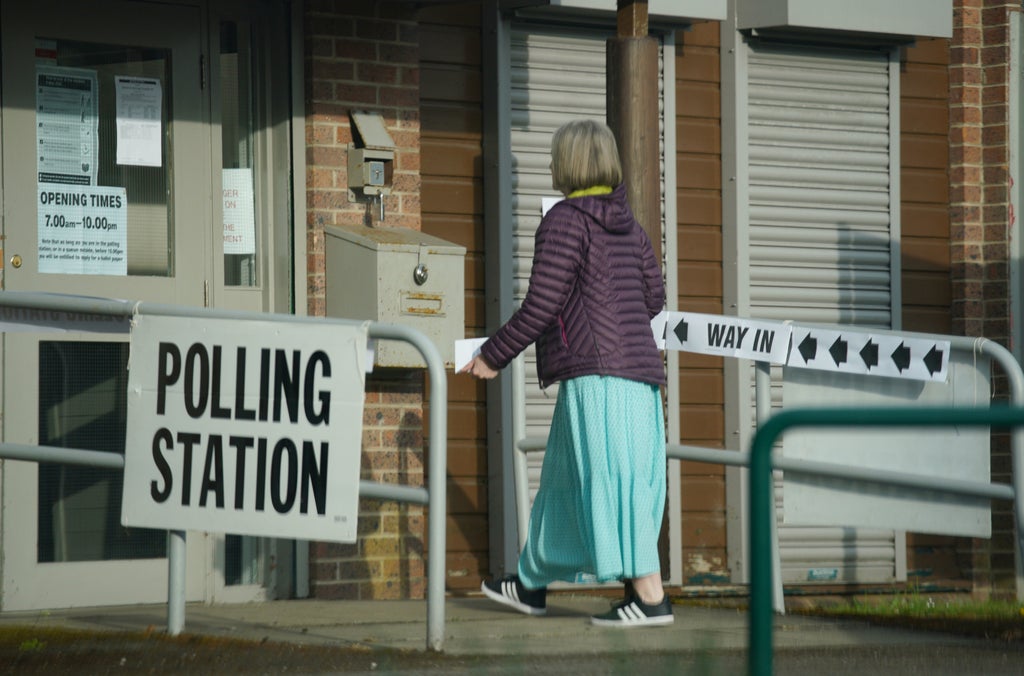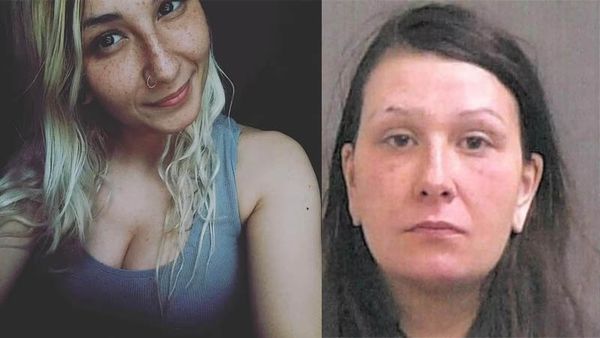
Polling stations have opened across the UK, with voters beginning to cast their ballots in thousands of councils seats in England, Scotland and Wales, and the assembly elections in Northern Ireland.
More than 4,000 councillors in 146 councils are standing for elections in major English cities, including Manchester and Leeds, while all of London’s 32 boroughs, including key Labour targets – Wandsworth and Barnet – up for grabs.
Last contested in 2017, all of Scotland’s 32 councils and all 22 in Wales are also holding elections, with polls due to close at 10pm.
While many votes will be determined on local issues, the election will also be the first major electoral test for Boris Johnson and Keir Starmer since the Partygate scandal emerged and the cost-of-living crisis, as energy firms report considerable profits.
Many of the seats being contested in England, however, were last fought over in May 2018, when Theresa May, who was still feeling the repercussions of her ill-fated general election gamble in 2017, was vying for seats with the former Labour leader Jeremy Corbyn
Writing for The Independent, the polling expert professor Sir John Curtice claimed: “At first glance, the omens are not good for Boris Johnson.
“His party shows no sign of recovering the poll lead it enjoyed in this parliament until his probity and ethics became the subject of controversy. On average the Conservatives currently trail Labour by six points. That represents as much as a nine-point swing since the 2019 general election.”
He suggested the election could “well produce Tory losses of a few hundred seats – but it would not necessarily look like a tsunami that threatened to sweep Johnson out of Downing Street”.
Oliver Dowden, the Tory Party chairman, looked to emphasise to the electorate the local choice they are making amid reports that some candidates had attempted to distance themselves from Westminster during campaigning.
In a statement to mark polls opening, Mr Dowden said: “The elections today are about one thing: who do you want running your council?

“The choice couldn’t be starker - between Conservatives who keep council tax down and offer good services, or the opposition parties who waste money on political games and vanity projects.”
But Sir Keir used his election rallying call to highlight the “constant drip-drip of sleaze and scandal” in Mr Johnson’s administration and hit out at the chancellor Rishi Sunak’s move to increase national insurance – despite the cost-of-living crisis – last month.
“The British public shouldn’t have to put up with a government that refuses to take seriously the very real issues facing you and your family,” he added.
There will also be crucial assembly elections in Northern Ireland, where voters are casting ballots across 18 constituencies to elect 90 assembly members to send to Stormont, before crucial talks begin on the next executive.
The DUP and Sinn Fein are vying for the top spot which comes with the entitlement to nominate the next First Minister.
A unionist party has always been the biggest in the Assembly, and previously the Stormont Parliament, since the formation of the state in 1921, but last week a poll suggested Sinn Fein could emerge top.







